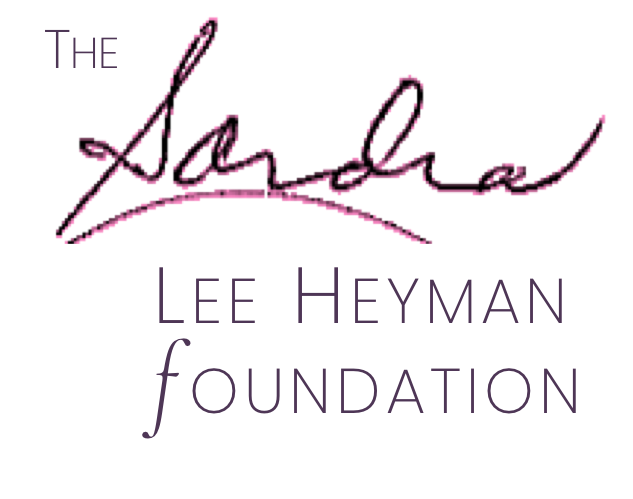Math & Science Educators’ Journeys: Not Necessarily as Planned
Laura Goetz grew up with her sights set skyward…toward the heavens, in fact. She planned on a career as a fighter pilot and astronaut, and the fact that she found math and science relatively easy made that a logical choice. But as the long-time Richard Montgomery High School (RMHS) math teacher explained to Sandra Lee Heyman STEM Career Awareness Fellows during a November 29th discussion, life sometimes throws you curves.
Goetz delivered her first child during her senior year in high school. She still graduated on time...and 12 years and two additional children down the road, demonstrating extraordinary tenacity, Goetz earned her undergraduate degree in math with the help of multiple scholarships. “I thought I would teach for a bit and then get a ‘real job,’” she confided to the fellows. A master’s degree in earth and space sciences, nearly 30 years, thousands of students, and three additional children of her own later, she remains committed to the classroom and her students. “I fell in love” with teaching, she professed.
RMHS chemistry teacher Akshay Gandhi also had a passion for science in high school. “I enjoyed it. I was good at it. I didn't really know where it was going to end up taking me.” In college, Akshay Gandhi was on the path to becoming a medical doctor. As a biochemistry major and math minor, he had taken his medical school admission tests and began filing applications “because I didn’t know what else to do.” Having completed multiple medical internships, Gandhi came to the realization that the prospect of being a doctor just wasn’t exciting him. “I grew up swimming and coaching...and I just started to realize that my love of science could work with my passion for just working with other people and students and athletes. I kind of always had that inclination that I wanted to teach,” he said.
Both educators talked about the rewards and the challenges of teaching. “I remember my first year doing my internship,” said Gandhi. “I contacted my former teachers,” telling them “this is a lot harder than you made it seem, and it's a significantly challenging job.”
As for advice to students who are considering STEM careers in teaching or any other field, Goetz put a premium on “just trying out different things” both for self-discovery and to pave the way forward. “Everybody can sit back (when they're young) and think I want to be a lawyer. I want to be a doctor. I want to be a fighter pilot,” she said. “But until (they) do something about it and discover and then be able to show to a prospective college, to a prospective employer, I've tried these things, and I am excited about this...I am passionate and want to explore further at your university or at your job,” that’s when students will know what’s right for them. She added, “Don't limit yourself to name brands, whether it's a university or a company.”
Gandhi echoed much of that advice, counseling the prospective STEM students to “Take a risk, do something far away from home” even if it just for a week. “Just expose yourself to something new and different to see how it kind of it feels...Try those clothes on. See how they feel. And if they don't fit, okay, go for a different style.”
Both teachers readily noted that teaching comes with plenty of stress, and that has never been more true than over the past several years due to the pandemic. “It's massively stressful,” Gandhi told the fellows, but “It's the fun stuff that keeps you there. It's you students, those fun moments with you all that keeps us there and keeps us going.”
As for trends in teaching STEM, Goetz suggested that among more recent hires, many have had teaching as a career goal. She also pointed to Sandy Heyman, who was focused on teaching right from the start and who already was a veteran teacher when Goetz began her career. “I saw Sandy being a woman in a career (teaching math) that's much more common now, but then it wasn't as common, and she wanted to help me just like she wanted to help her students. So I am eternally grateful for having known Sandy and worked with her.”
“I thought I would teach for a bit and then get a ‘real job’... (and then) I fell in love with teaching.”
The Sandra Lee Heyman Foundation is a 501(c)(3) nonprofit organization established in memory of Sandra Lee Heyman, a long-time mathematics teacher at the elementary, middle school, high school, and community college levels. The 18-month long Fellowship is aimed at promising high school students who have the opportunity to meet with STEM leaders, visit prominent institutions in the Washington, D.C., area, and access peers and mentors to support career exploration in STEM fields. There are multiple ways to support the Fellowship program, and donations to the Foundation are tax deductible.
